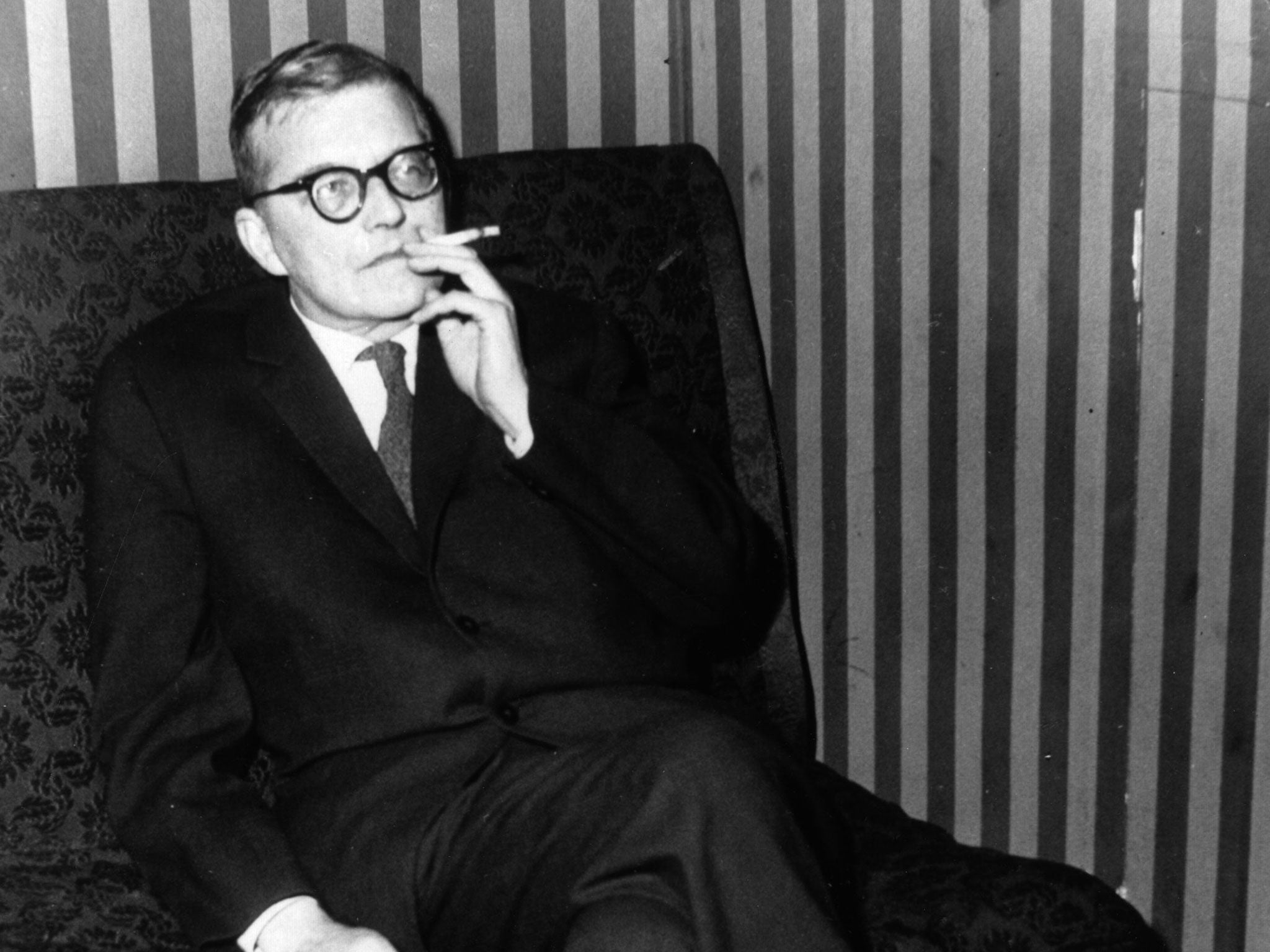Classical reviews – Faure’s ‘In paradisum’ and Shostakovich’s Symphony No 11, ‘The year 1905’
The pianist Louis Lortie highlights some underrated works by Fauré, while the BBC Philharmonic brings raw passion to Shostakovich’s majestic work. By Michael Church

In paradisum: A Fauré recital, Vol 2
Louis Lortie, piano
(Chandos 20149)
★★★★☆
Louis Lortie carries a torch for Gabriel Fauré’s piano music, and in this CD he makes the best possible advocate for some underrated works. Fauré did not aspire to join the big league of piano composers, but he did want to explore alternatives to the sonata form: Liszt, to whom he played his Ballade in F sharp Opus 19, gave up trying to sight-read it saying that he had “run out of fingers”.
What comes over most strongly here is the composer’s teasing knack for wrong-footing the listener’s harmonic expectations. Lortie begins and ends with two of his own charming transcriptions from Fauré’s Requiem; the rest of his programme of nocturnes, ballades and barcarolles is dominated by the majestic Theme and Variations Op 73 which was Fauré’s homage to Schumann’s Etudes Symphoniques. And the homage is indeed close: beginning with an evocation of what Alfred Cortot described as an ancient frieze of mourners, the work turns stylistic tricks which are very reminiscent of Schumann’s.
Shostakovich: Symphony No 11, ‘The year 1905’
BBC Philharmonic, conducted by John Storgards
(Chandos CHSA5278)
★★★★★
Dmitri Shostakovich wrote his majestic Symphony No 11, The year 1905, as a seeming commemoration of the massacre of peasants who had been on their way to petition Tsar Nicholas II for food: unarmed and carrying icons, hundreds of them were mown down. But there was a topical subtext to this work, which coincided with the abortive rising in Hungary in 1956: debate will go on forever as to whether the composer was a covert dissident, whether he was simply protesting against all kinds of oppression, or whether, after years of being hounded by the Soviet authorities, he finally just wanted a quiet life.
But there’s no mistaking the raw passion of this great work, particularly as the BBC Philharmonic play it under John Storgards’ direction. The “Palace Square” adagio sets the scene with deathly seriousness, and the second movement lets rip with unparalleled ferocity; “In Memoriam”, which follows, is based on a revolutionary song which all Russians would have known and sung; the finale draws on three more songs which ram home the message.
Join our commenting forum
Join thought-provoking conversations, follow other Independent readers and see their replies
Comments